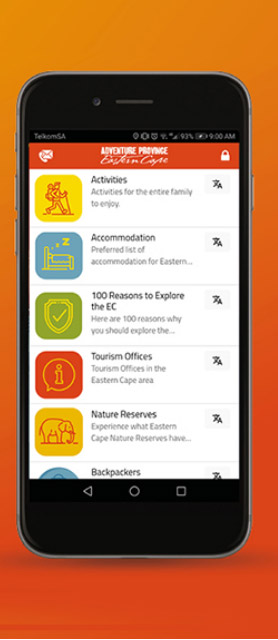President Cyril Ramaphosa’s ambitious programme of resuscitating economic growth and streamlining policy implementation in a challenging environment is gaining momentum.
In his address to Parliament in October last year, the President announced that in order “to fast-track the delivery of economic reforms, Operation Vulindlela will be implemented as a joint initiative of the Presidency and National Treasury.”
Operation Vulindlela is working with the Department of Home Affairs to expand visa waivers and to explore the feasibility of introducing an e-visa programme, which will make it easier for tourists to enter the country thanks to the online capture of visa applications and biometric information.
The rollout of the government’s e-visa programme, which started in 2019, has, however, faced several delays and has stagnated amid the global pandemic.
According to President Ramaphosa, the e-visa system will be fully implemented in 2021.
South Africa’s e-visa is currently being piloted in two countries, India and Kenya, and provides an approved e-visa electronically linked to the traveller’s passport.
South Africa’s visa regime had previously been one of the constraints for tourism, and the roll-out of the e-visas will be beneficial for both tourists and for the local economy.
Department of Tourism spokesperson, Blessing Manale, said that the realisation of the e-visa will allow us to double our tourism numbers internationally.
Manale said that the system will also save people a lot of time as they spend much less time at airports and waiting for administration approval.
Although many people are sceptical about whether or not the e-visa system will actually come into fruition, the ECPTA is hopeful that Ramaphosa’s words carry weight and that 2021 will be the year that South Africa sees technological growth within the travel and tourism industry.










